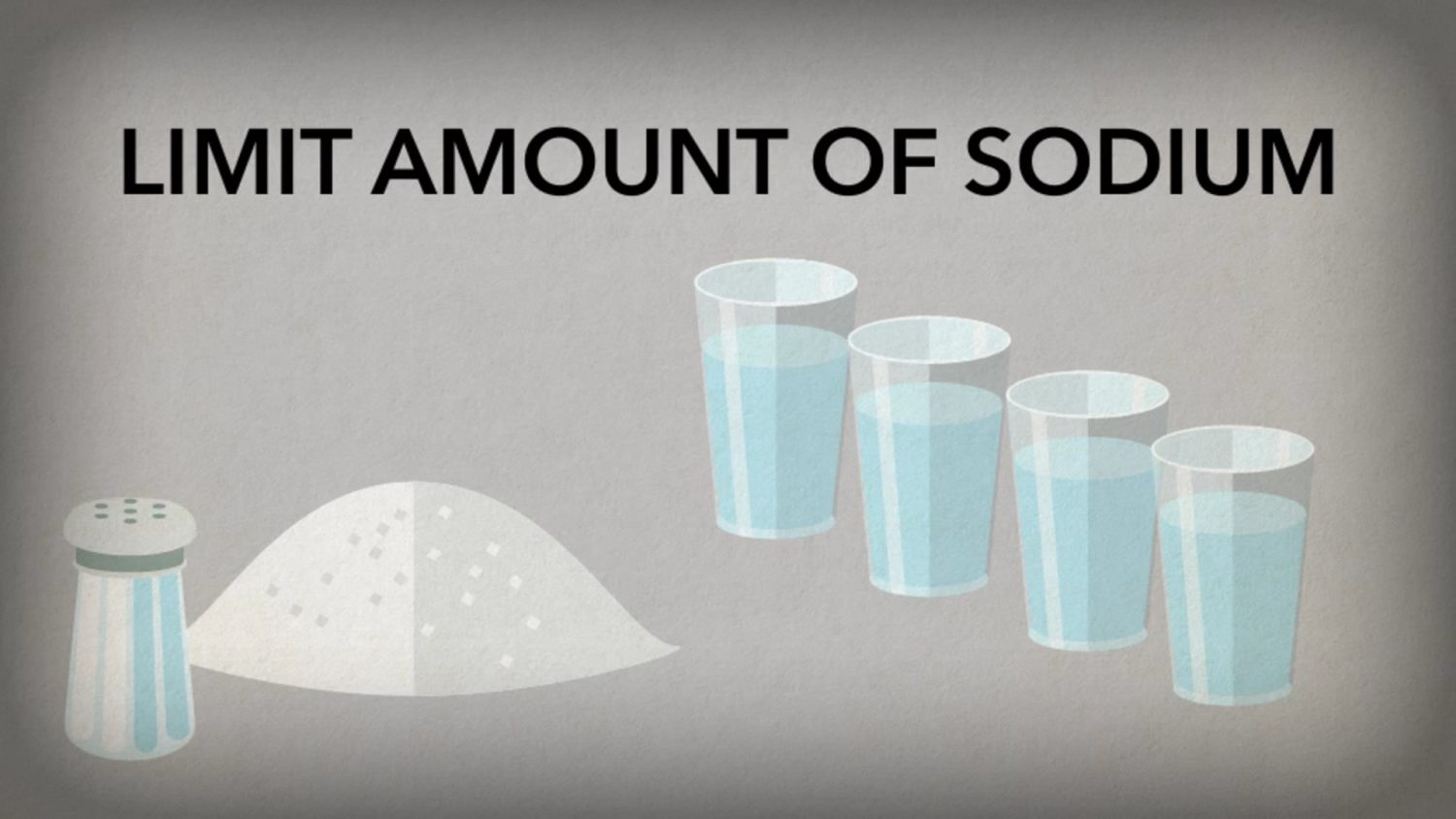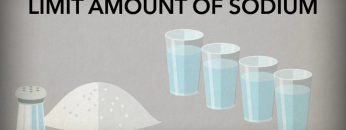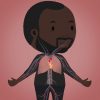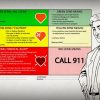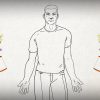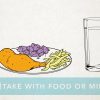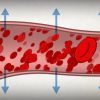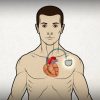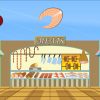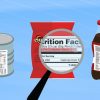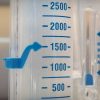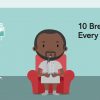Limit Salt & Fluid Intake
Sodium is a mineral that helps control the amount of fluid in your body. People who have heart failure need to follow a low-sodium diet because it can help control symptoms, especially fluid buildup. Reducing fluid buildup in your body can lessen the work your heart has to do.
Following a low-sodium diet is about more than eating less salt. Sodium is one ingredient in salt, and it’s in a lot of other food, too. Your doctor will recommend the amount of sodium you should have in your diet. Here are some guidelines for cutting down on sodium:
- Limit the amount of salt you add to your food when cooking and after it’s cooked.
- Choose low-sodium packaged foods.
- Eat more home-cooked food.
- Don’t use softened water (sodium is added).
- Avoid medication with sodium in it.
In addition to limiting sodium, your doctor may recommend that you limit the amount of fluid you have. Having too much fluid in your body can make it harder for your heart to pump. Fluids include the liquids you drink, and some foods have a lot of fluid in them, too. Your doctor can give you a list of fluids to keep track of if they want you to limit the amount you have every day.
Limiting the amount of sodium and fluids you take in each day can help improve your symptoms so you feel better.


